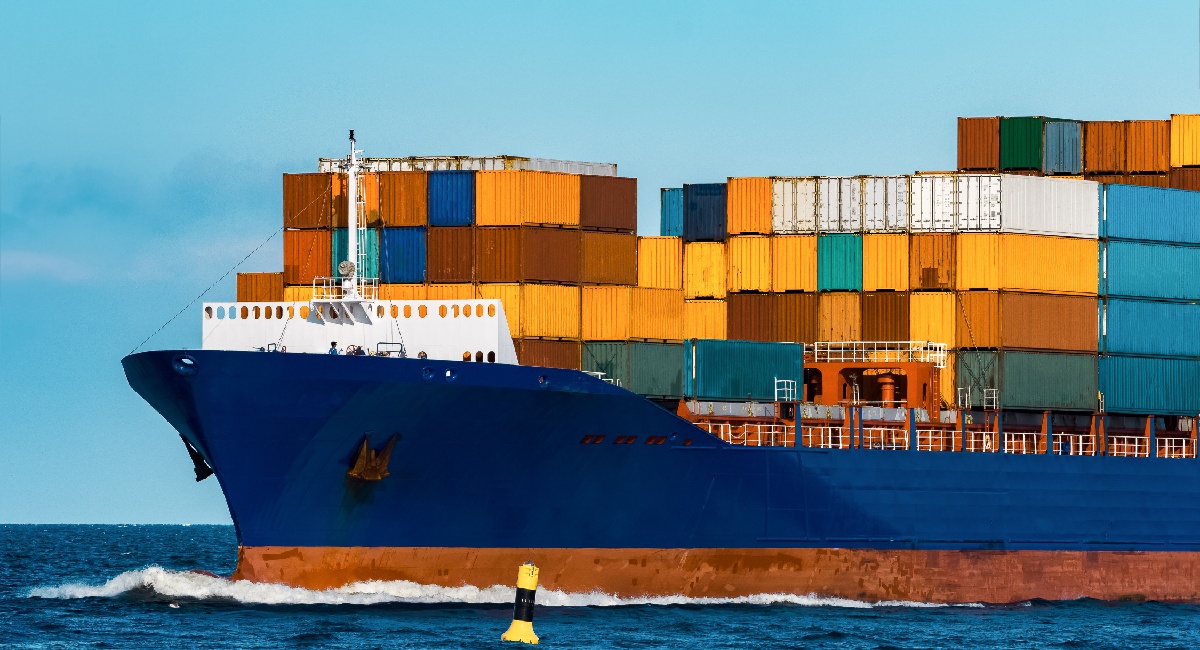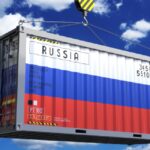LCL shipping (Less than Container Load) is a logistical solution designed for businesses or individuals who need to transport goods without requiring the full capacity of a container. This method allows shippers to share container space with other cargo, optimizing costs and making it accessible even for smaller volumes.
By consolidating multiple shipments into a single container bound for one or more shared destinations, LCL shipping offers significant advantages for both sea freight and land transport. For sea freight, containers are shared among different shippers, while in land transport, commonly referred to as groupage, loads are combined to maximize efficiency.
In this article, we’ll dive into the specifics of LCL shipping, compare it to FCL shipping (Full Container Load), and explore land transport options like LTL shipping (Less than Truck Load) and FTL shipping (Full Truck Load). Understanding these shipping methods will help you determine the best option for your needs. Let’s start by focusing on LCL shipping and how it differs from FCL shipping.
When and why to choose LCL shipping
LCL shipping is ideal in several scenarios:
- Small volumes: If the goods you need to ship don’t justify booking a full container, LCL offers an economical and efficient solution.
- Cost savings: By sharing container space with other shipments, you only pay for the space your cargo occupies, reducing overall costs.
- Flexibility: LCL shipping provides more flexible scheduling, allowing you to ship goods even if you don’t have a full load.
However, it’s worth noting that LCL shipping may involve longer transit times due to the consolidation and deconsolidation process. Additionally, sharing a container with other shipments could increase the risk of damage, making high-quality packaging essential.
What’s the difference between LCL and FCL shipping?
The primary distinction between LCL and FCL lies in how the container is used:
- LCL shipping (less than container load): Your goods are combined with shipments from other customers in a single container. This approach is cost-effective for smaller volumes but may result in longer transit times and a higher risk of damage due to shared space.
- FCL shipping (full container load): The container is dedicated entirely to a single shipment. This ensures faster delivery times, greater security, and is ideal for large or high-value loads.
Choosing between LCL shipping and FCL shipping depends largely on your shipment volume and your needs for security and timing. For example, companies shipping perishable or sensitive goods often prefer FCL for greater control and faster delivery. Conversely, industries such as fashion accessories or industrial supplies often find LCL shipping to be a more strategic and cost-effective choice.
Another key consideration is customs clearance. FCL shipments typically involve simpler procedures since the entire container belongs to a single customer. In contrast, LCL shipments require managing documentation for multiple shipments within the shared container.
How much does LCL shipping cost?
Cost is a major factor when selecting the right logistics solution. The price of LCL shipping depends on factors such as weight, volume, destination and distance. Freight rates are calculated based on either actual weight or volumetric weight, whichever is greater. Long-distance routes or remote destinations typically incur higher costs, as do special services like custom packaging or hazardous materials handling.
Many logistics providers offer tailored packages, including discounts for regular shipments or combined services like transportation and warehousing. Such options can provide significant advantages for businesses looking to optimize their supply chain.
FTL and LTL shipping by Land: efficient road transport solutions
When it comes to land transport, the two main options are FTL shipping (Full Truck Load) and LTL shipping (Less than Truck Load). These methods determine the level of truck space used for a shipment.
What is LTL shipping?
LTL shipping refers to transporting goods that don’t fill an entire truck. Similar to LCL shipping for sea freight, LTL shipping is perfect for small shipments and offers significant cost savings by sharing truck space with other shippers.
LTL shipping is especially effective for regional or national deliveries, where flexibility is key to ensuring reliable and timely shipments. With advancements in technology like GPS tracking and digital platforms, businesses can now monitor their shipments in real-time, enhancing transparency and customer satisfaction.
What is FTL shipping?
On the other hand, FTL shipping involves dedicating an entire truck to a single shipment. This method is ideal for large volumes, sensitive goods, or urgent deliveries, as it ensures faster transit times and reduces the risk of damage.
FTL shipping is often preferred by industries like food and pharmaceuticals, where maintaining product integrity and meeting tight deadlines are critical. Additionally, FTL shipping allows for greater control over transport conditions, such as temperature regulation or specialized handling requirements.
Groupage transport vs. LCL and LTL shipping
Groupage transport is a general term for combining smaller loads to maximize vehicle efficiency. LCL shipping and LTL shipping are specific methods within groupage transport, tailored to sea and land freight respectively. This distinction is crucial for selecting the right service based on factors like cost, speed, and security.
Working with an experienced logistics partner can make all the difference when managing LCL shipments, FCL shipments, FTL transport, or LTL transport. Expert providers ensure seamless support, tailored solutions, and efficient handling of all your shipping needs. Contact us today for a personalized quote or to learn more about our transport services.










